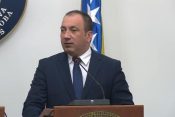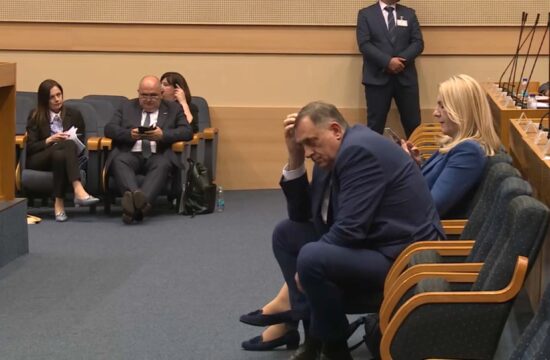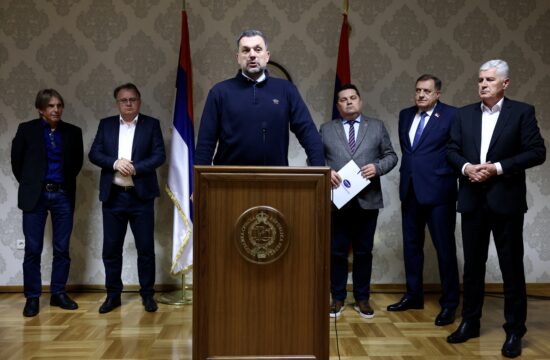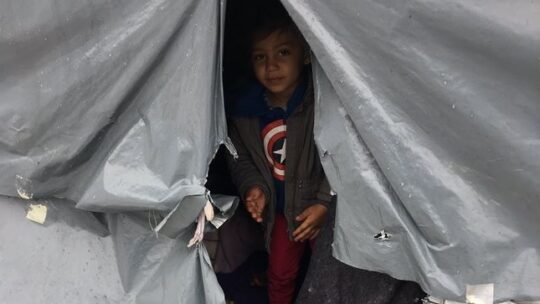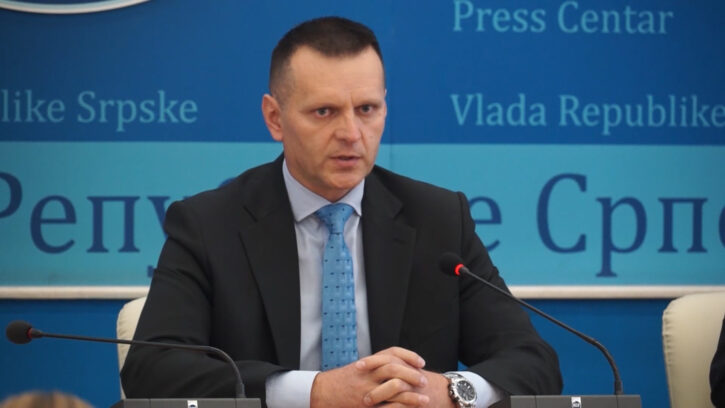
There is a possibility that terrorist acts could take place in Bosnia as there are still dozens of extremist Islamic Wahhabi communities in Bosnia which “do not respect the laws of this state,” said the Interior Minister of Bosnia’s Serb-majority region on Friday.
The Wahhabi movement, which originates from Saudi Arabia, is an Islamic sect which promotes an ultra-conservative interpretation of Islam and its members have been the target of numerous police operations in Bosnia throughout the past decade.
The group is, however, isolated from Bosnia’s official Islamic Community, and Bosnia’s Islamic leaders have often been at odds with the Wahhabis over their extremist views. The Islamic Community does not recognise Wahhabi jamaats (congregations) as legitimate.
In his statement, Dragan Lukac, the Interior Minister of Republika Srpska (RS, one of Bosnia’s two semi-autonomous entities), called those congregations “para-jamaats’.
“We know that in recent years there were several terrorist acts in Bosnia and Herzegovina, which unfortunately also claimed lives. It cannot be excluded that all that happened in recent years could also happen in the future,” Lukac said.
He claimed that all terrorist acts in Bosnia came from the Wahhabi movement, adding that more “jihadi warriors” left for Syrian and Iraqi battlefields from Bosnia than “from any other European country.”
Many of those people have either returned or are waiting to be deported to Bosnia, he said, adding that recently Germany also deported potential terrorists from Bosnia.
“The RS Interior Ministry and its department for fighting terrorism intensively keep track of all of that,” and exchange data with other agencies in order to “keep all of those who could execute some terrorist plan in Bosnia and Herzegovina under control,” he said.
Lukac reminded that the RS Government adopted an action plan on fighting terrorism and formed a coordination body that oversees its implementation in 2016, calling it a contribution to the global battle against terrorism.

